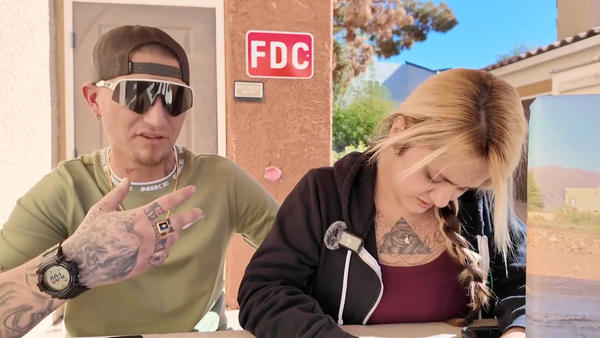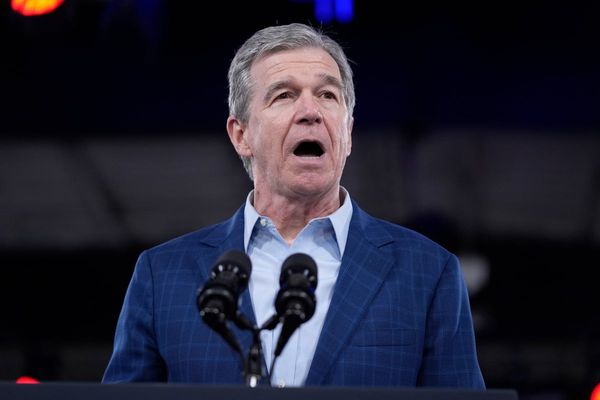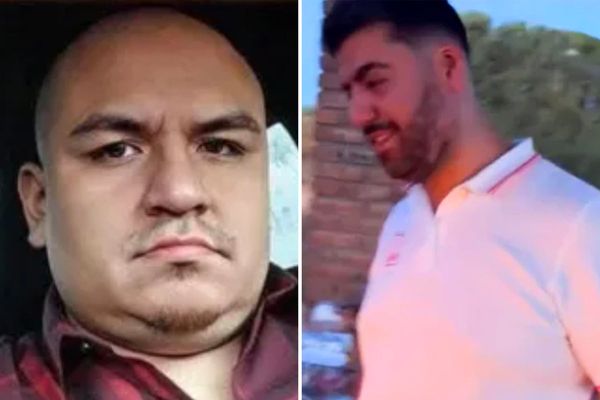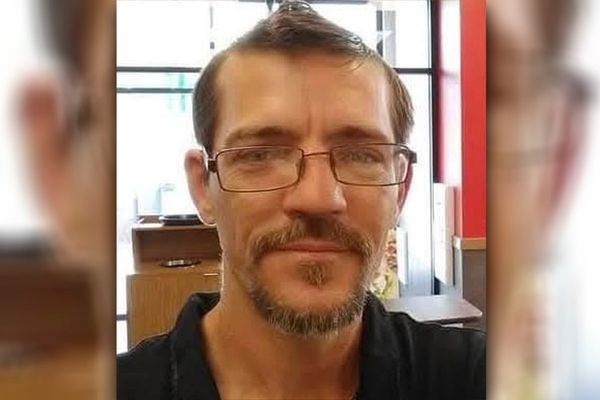
Washington (AFP) - Steve Bannon -- the anti-establishment outsider who helped bring Donald Trump to the White House -- found Friday that his years-long loyalty to the former president may well land him in jail.
Bannon was sentenced by the federal court in Washington to four months in prison for refusing to testify to the Congressional committee probing the January 6, 2021 attack by Trump supporters on the US Capitol.
That probe has Trump and his advisors, including Bannon himself, in its sights, for allegedly planning or taking part in an illegal effort to prevent Joe Biden from becoming president following his election victory in November, 2020.
Wily survivor
Bannon, a wily survivor of political and court battles, isn't down yet: his sentence was put on hold while he appeals the verdict of contempt of Congress.
The 68-year-old former investment banker rose to prominence as the head of far-right news outlet Breitbart, before latching onto the Trump phenomenon and guiding the billionaire to the presidency.
After serving in the US Navy and making his name at Goldman Sachs during the 1980s boom years, Bannon founded his own investment bank before selling it to Societe Generale in 1998 and going on to be a Hollywood producer.
Some of his film projects were standard entertainment fare, but documentaries on late president Ronald Reagan, populist darling Sarah Palin and the Tea Party movement brought him into right-wing circles.
He became an investor in Andrew Breitbart's eponymous media venture, which aimed to buck what its founder saw as the progressive left's grip on the news agenda.
Breitbart became a megaphone for the politics of race, supporting the line that white Americans were under attack and endangered by powerful minorities.
Democrats and liberals were in the site's crosshairs, but moderate Republican lawmakers also felt its lash, accused of failing to stand up to president Barack Obama.
And Bannon became a force on the national stage, known for his long hair, scruffy whiskers and his habit of wearing multiple layers of collared shirts.
Top White House job
Bannon took over the publication when Andrew Breitbart died in 2012, and became an early backer of billionaire Trump's campaign to win the presidency as a political outsider.
Trump rewarded Bannon by naming him chief executive of his 2016 campaign and then, after his victory, White House chief political strategist.
There he helped power through some of Trump's most controversial early policies, including a crackdown on immigration and a ban on people coming from a number of Muslim countries.
But with seven months, he was out, his bomb-thrower approach to politics blocked by other advisors and even souring Trump somewhat.
Bannon rebounded, under the wing of fugitive Chinese billionaire Guo Wengui, and running his own fiery politics podcast, "Bannon's War Room."
But he fell into legal troubles when he took part in a private operation to build sections of wall along the Mexican border using donated money.
In August 2020 he was arrested on Guo's 150 foot (46 meter) yacht in New York harbor, charged in federal court with three others of siphoning off millions in donations to the wall for themselves.
Bannon pleaded not guilty, but before the case went to trial, Trump gave him a blanket pardon for that and any other pending case.
The case came back to life however when New York state charged Bannon in September with fraud in the same scheme -- since Trump's pardon didn't apply to state cases.
'All hell to break loose'
Nor would the pardon apply to any role he might have had in the January 6 attacks.
It is not known if the Justice Department is targeting him in its probe.
But the January 6 committee made clear in hearings it believes he had a role, and the committee has the power to recommend he be indicted.
It depicted Bannon as knowing in advance of the plan by hardline Trump supporters to attack the Capitol to block Biden's presidency.
He allegedly helped spread Trump's conspiracy theories about the "stolen" election, and urged his "War Room" listeners to descend on Washington on January 6.
At the same time, according to a book by journalists Bob Woodward and Robert Costa, he personally convinced Trump to leave Florida and return to Washington days before the attacks to whip up supporters.
According to the House committee, Bannon spoke with Trump on January 5, and then told "War Room" listeners that "all hell is going to break loose tomorrow."







